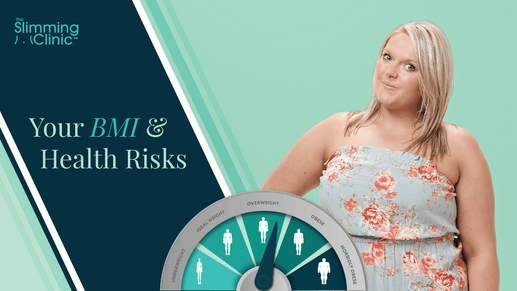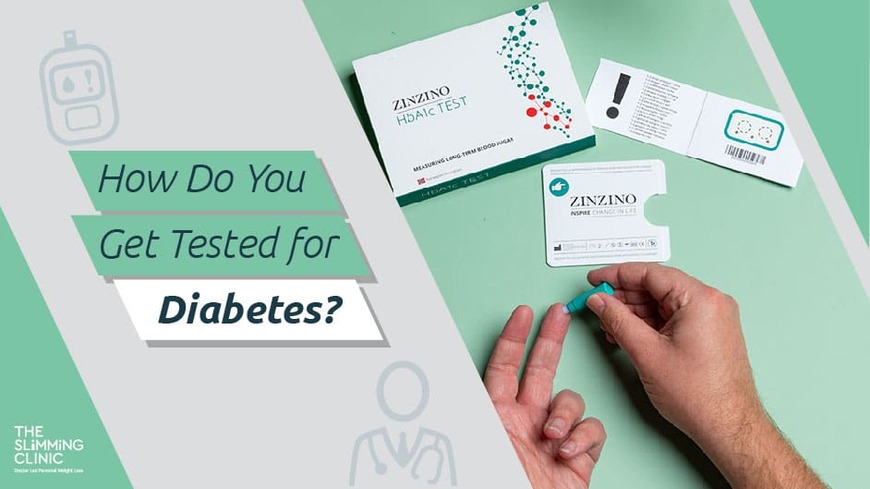How Do You Get Tested for Diabetes?
Getting tested for diabetes is a simple process that can provide valuable insights into your health. Typically, your doctor will recommend a blood test to measure your blood sugar levels. The main test used to diagnose diabetes is the HbA1C test which provides an average of your blood sugar levels over the past two to three months. For patients with diabetes, an ideal HbA1c level is normally 48mmol/mol (6.5%) or below. If a patient does not have diabetes, but is at risk of developing type 2 diabetes, the HbA1c level should be below 42mmol/mol (6%).
Diabetes Symptoms
Diabetes symptoms can occur in adults and children alike and can vary from person to person.
- Frequent urination, especially at night
- Excessive thirst
- Fatigue
- Delayed healing of cuts and wounds.
- Blurred vision
- Increased hunger
Despite individual differences, increased thirst, frequent urination, and fatigue are among the most commonly reported diabetes symptoms. Try our Type 2 Diabetes Symptom Checker.
Diabetes Risks
Understanding diabetes risk factors can empower individuals to make lifestyle changes and seek medical guidance to reduce their risk of developing diabetes and its associated complications.
- Being overweight or living with obesity
- Carrying any additional weight around the middle of your body
- Being inactive or having a sedentary lifestyle
- A family history of diabetes – parent or sibling
- Being an active or previous smoker
Diabetes and Weight Gain
Weight gain is a common concern for individuals with diabetes, as the condition can affect the body's ability to regulate blood sugar levels. When blood sugar levels are high, the body may store excess glucose as fat, leading to weight gain over time. Additionally, certain medications used to manage diabetes, such as insulin, can contribute to weight gain. However, adopting a healthy lifestyle that includes regular exercise and a balanced diet can help manage weight and improve overall health for individuals with diabetes.
Does Diabetes Cause Weight Gain?
While diabetes itself may not directly cause weight gain, certain factors associated with the condition can contribute to changes in weight. For example, insulin resistance, a hallmark of type 2 diabetes, can lead to increased hunger and overeating, potentially resulting in weight gain. Additionally, fluctuations in blood sugar levels may affect energy levels and appetite, influencing food choices and eating habits. By effectively managing blood sugar levels through medication, diet, and lifestyle changes, individuals with diabetes can mitigate the risk of weight gain.
Insulin & Weight Gain
Insulin, a hormone produced by the pancreas, plays a crucial role in regulating blood sugar levels. For individuals with diabetes, insulin therapy is often necessary to help control blood sugar levels. However, one potential side effect of insulin therapy is weight gain. Insulin helps the body absorb glucose from the bloodstream, leading to increased storage of fat. Insulin may also stimulate appetite, further contributing to weight gain. It's essential to work closely with your healthcare provider to monitor your weight and adjust your insulin regimen as needed to achieve optimal blood sugar control without significant weight gain.
Can Undiagnosed Diabetes Cause Weight Gain?
Undiagnosed diabetes can contribute to weight gain, as elevated blood sugar levels can lead to increased fat storage and changes in metabolism. Without proper management, uncontrolled diabetes can exacerbate weight gain and increase the risk of other health complications. If you suspect you may have diabetes or are experiencing unexplained weight gain, it's essential to consult with your doctor. A simple blood test can help diagnose diabetes and initiate appropriate treatment to help you achieve and maintain a healthy weight.

Your BMI and the Health Risks

Wegovy vs Ozempic: Which Is the Better Weight Loss Medication?

How Sleep Affects Weight Loss – World Sleep Day 2025

Mounjaro vs Wegovy: Which Weight Loss Injection is Right for You?

World Obesity Day 2025: Changing Perspectives on Obesity



